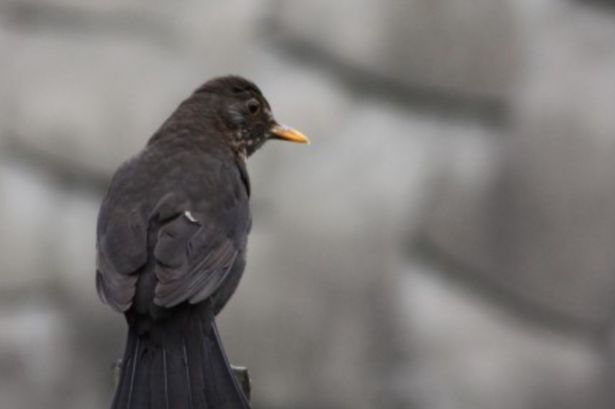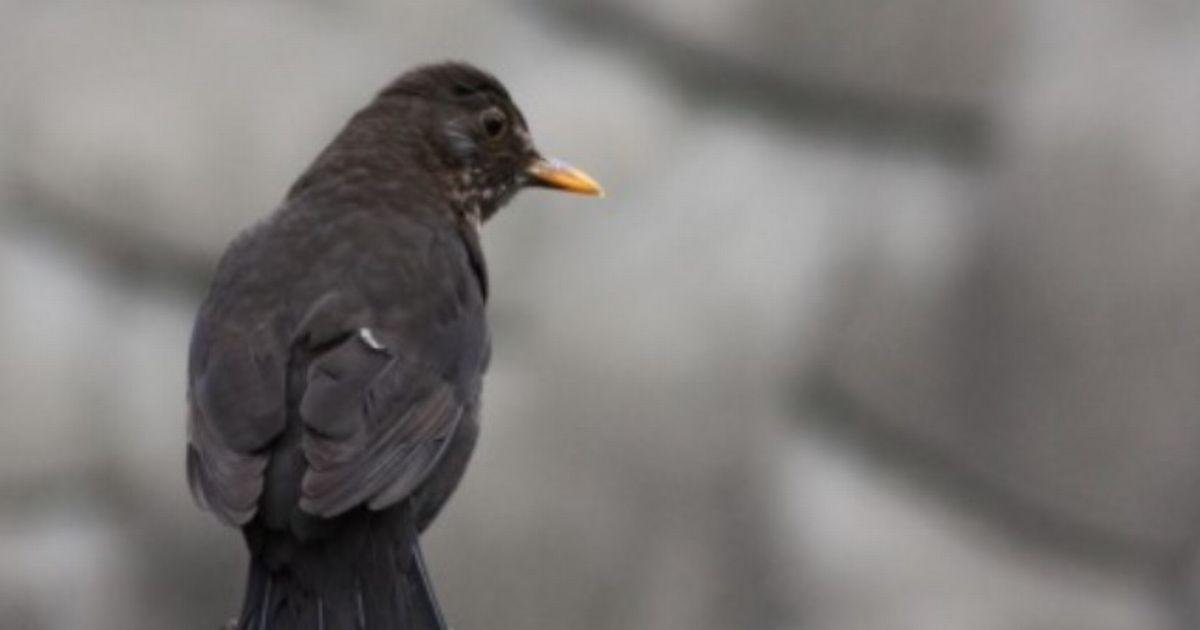Infected insects can spread the deadly Usutu virus to blackbirds, raising fears for anyone with a blackbird in the garden as spring continues. Infected insects can spread the deadly Usutu virus to blackbirds, raising fears for anyone with a blackbird in the garden as spring continues.
Infected insects can spread the deadly Usutu virus to blackbirds, raising fears for anyone with a blackbird in the garden as spring continues.
A plea has been issued to anyone with blackbirds in their garden as the Usutu virus spreads. Infected insects can spread the deadly Usutu virus to blackbirds, raising fears for anyone with a blackbird in the garden as spring continues.
New data shows Usutu has spread across much of southern England in five years, and has been linked to declines in some blackbird populations. “We’ve seen that the virus has spread further than we thought it might do, and it’s persisted,” Dr Arran Folly of the Animal and Plant Health Agency (APHA) told the BBC.
“Blackbirds specifically are quite susceptible to the virus and since 2020 we’ve found a decline in blackbirds of approximately 40% in Greater London,” said Dr Folly.
READ MORE UK faces 550-mile wall of rain but nine counties in England will be spared
“It gives an indication that in the future we might get other viruses that are transmitted by mosquitoes emerging in the UK.” Lucy Love, a garden birdwatch ambassador for the BTO, knows the blackbirds in her gardens by sight and has grown fond of them.
“They’re beautiful birds – intelligent, friendly and they have the most beautiful song with a lovely melodic tone to it,” she explained. “And we cannot lose them – they’re a vital part of our ecosystem.”
The virus was first identified over 50 years ago near the Usutu River in southern Africa, but has since spread globally. While it can infect horses and, on rare occasions, humans, it is generally considered a low risk to people.
In the past five years, however, the virus has rapidly advanced across much of southern England which isan unexpected pace that has surprised scientists.
It has now been detected in birds as far north as Cambridgeshire, in the south of England, raising concerns about its potential impact on blackbird populations, which are currently among the most common garden birds in the UK.
